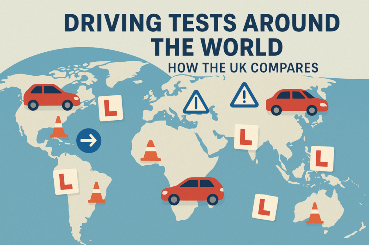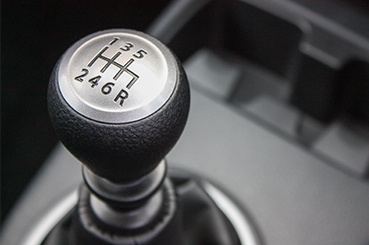Ever wondered what named driver insurance is and how it differs from standard car insurance? This blog will delve into the intricacies of named driver insurance, providing you with a clear understanding of its benefits and potential drawbacks.
Whether you’re a young driver, a parent of a new driver, or simply looking to save on your car insurance, this blog will equip you with the knowledge you need to make informed decisions.

What is a named driver on a car insurance policy?
Named Driver Insurance is a type of car insurance policy where specific individuals, known as named drivers, are listed on the policy. These named drivers are the only people authorised to drive the insured vehicle. This differs from standard car insurance, where any licensed driver can operate the vehicle with the policyholder’s permission.

Does adding a named driver to my insurance policy make it cheaper?
How a named driver affects your insurance premium is dependent on who the named driver is and their existing driving record. Adding an older, experienced driver to a policy is more likely to reduce insurance premiums than adding a younger, more inexperienced driver who has recently passed their test.
Adding a young driver as a named driver to a policy is commonly done to reduce the cost of insuring them on a vehicle. Alternatively, a more experienced driver can be added as a named driver to the policy of a young person, and this can help reduce annual insurance premiums also.
Adding a named driver is only acceptable if they are not the main user of the vehicle and the main driver still uses the vehicle more. Declaring someone to be the vehicle’s main driver who isn’t to get cheaper car insurance is illegal. It is referred to as ‘fronting’ a policy and can lead to your insurance being void, potential prosecution, and in the event that you need to make a claim, you may have to cover the costs yourself.
If a young driver wants to use the vehicle more often, they should be added as the main driver to the policy. For younger drivers, there are other ways to get cheaper car insurance, like taking out a black-box policy, than naming a parent or guardian as the main driver on a policy
How does adding a named driver affect the no claims discount for drivers insured on the policy?
No Claims Discount: How does this affect the main driver?
Adding a named driver to your policy will not affect the no claims discount (NCD) for the main driver. However, your NCD may still be affected if the named driver is involved in a road collision, and you need to make a claim on the policy.
It is also unlikely that the no claims discount of the named driver being added to the policy will discount the insurance premiums.
No Claims Discount: How does this affect the named driver?
It is unlikely that a named driver on your policy will be able to build their own no claims discount.
This will vary depending on your insurance company so check the policy terms and conditions for clarity on if you can build a NCD discount as a named driver. Learn more about no claims discounts.
How to add a named driver to an insurance policy?
Adding a named driver to an existing insurance policy can be done at any time. It will incur admin fees charged by your insurer and your insurance premium will be affected.
If you add a younger, inexperienced driver to a policy your premium will increase for which you’ll be required to pay the difference. If you add a more experienced driver, then your premium may be reduced, and you’ll receive credit from your insurer.
The insurer will require basic details on the driver being added to the policy: full name, address, date of birth, contact information, occupation etc. They’ll also require information on any prior driving offences and criminal convictions which will affect your insurance premiums.

What type of insurance can I get for a named driver?
All drivers on a policy will be covered under the same insurance. If the policy provides full comprehensive coverage, then all drivers will be covered for comprehensive claims.
Furthermore, if the policy has added extras like a breakdown cover and a courtesy car or personal accident cover, all drivers will be covered to the same extent.
Third-party, third-party fire and theft, and comprehensive cover is available for insurance policies that list named drivers.
Named driver insurance offers a flexible and potentially cost-effective option for car insurance. By carefully considering factors such as the age, experience, and driving record of the named drivers, you can potentially reduce your insurance premiums. However, it’s important to understand the legal implications and potential drawbacks, such as the potential impact on no claims discounts.
Before making a decision, carefully review the specific terms and conditions of your insurance policy. Consider factors like the frequency of use of the vehicle by each driver, the potential for additional benefits, and any associated fees. By weighing these factors, you can determine if named driver insurance is the right choice for your individual needs.



















